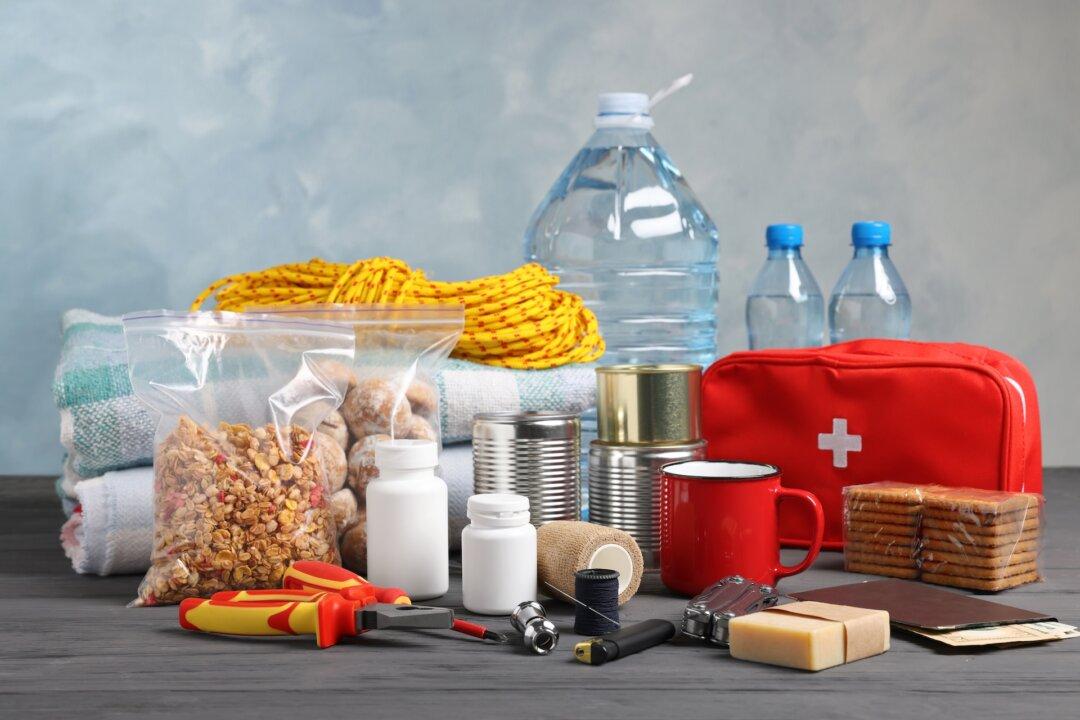In today’s unpredictable world, being prepared for emergencies is not just smart but essential. No matter where you live or what you do, disaster can strike at any moment, and being equipped with the right knowledge and resources can be a lifesaver.
Whether it’s a natural disaster such as a hurricane or a man-made crisis such as a power outage, having a plan in place and knowing what to do protects yourself and your loved ones. Being prepared can mean the difference between life and death. By taking the time to plan and gather necessary supplies, you can significantly increase your chances of survival and minimize the impact of an emergency.





